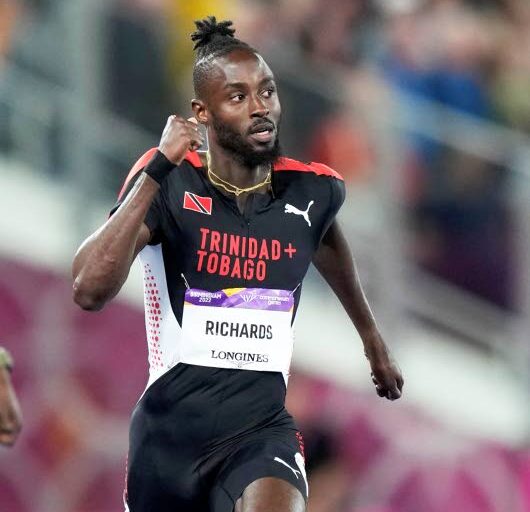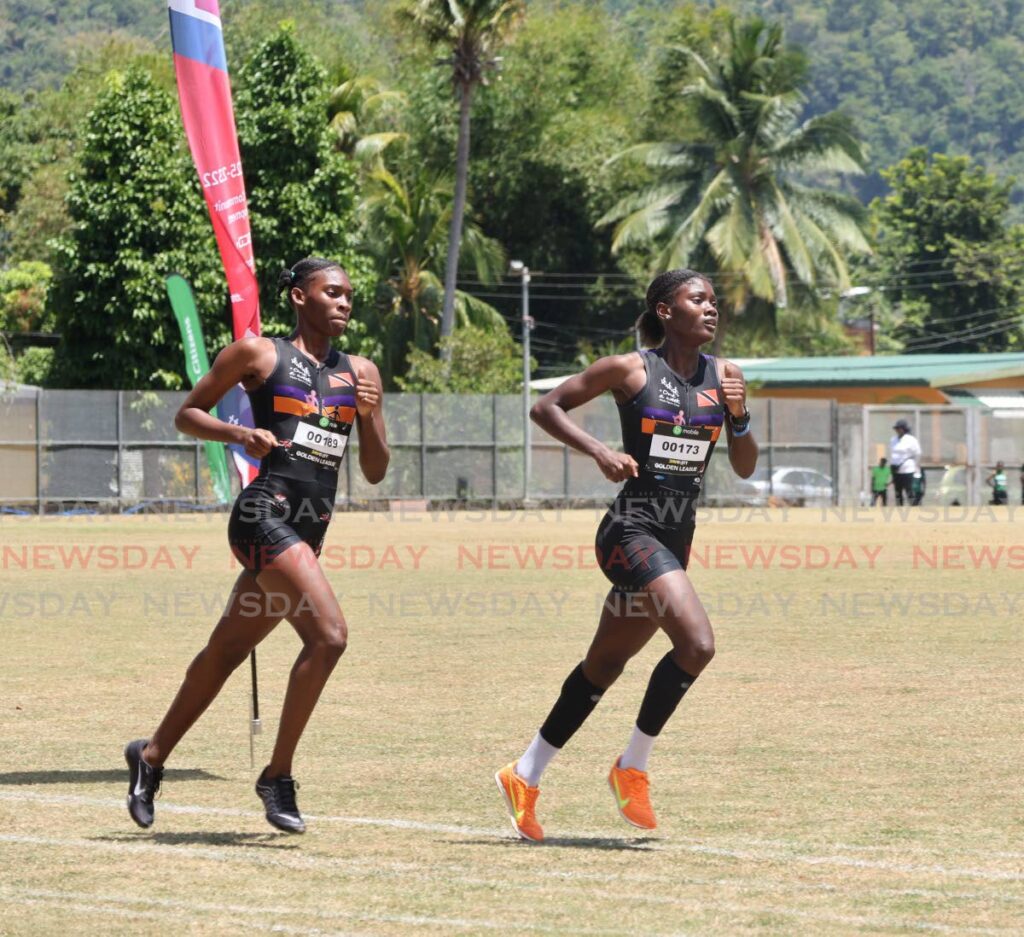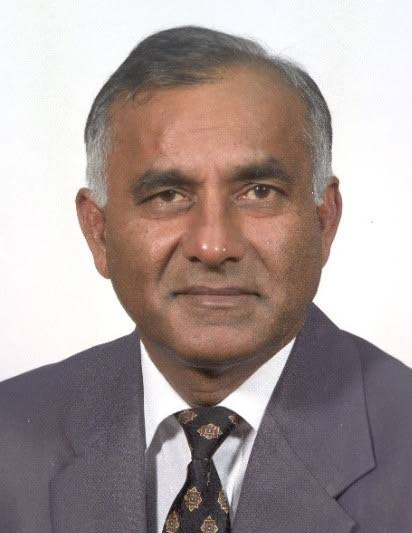Race and general elections
Written by Newsday on February 6, 2025

Jerome Teelucksingh
FEBRUARY 7 is the 100th anniversary of TT’s first general election.
Voting patterns and issues in the 1925 election have continued today to influence the electorate and strategies of political parties.
In the early elections of 1925, 1928 and 1933, the race factor was obvious in the electoral districts of St Patrick and Caroni. Both districts had considerable populations of people of Indian descent. Newspaper reports revealed that Indians attended electoral rallies and made speeches on election platforms. The Indo-Trinidadian candidates included Jules Mahabir, AA Sobrian, Sarran Teelucksingh (no relation), FEM Hosein, and Timothy Roodal.
Teelucksingh was the proprietor of a small business that included the blending of rum for distribution to shops. He also owned a dry goods store in Couva and ran the first rural “tarpaulin cinema,” which he took to several villages; he later built a permanent cinema house.
Thus, before entry into the political arena, Teelucksingh was already well known in Caroni and surrounding areas. His businesses served to promote his popularity during elections in central Trinidad. His political rival, whom he defeated, was EA Robinson, a white planter.
During the 1925 electoral campaign, the topic of morality seemed to be one of the qualifications for membership in the Legislative Council (Parliament). In November 1924, the Labour Leader, a working-class newspaper, published a letter (dated October 24) signed by Teelucksingh and his supporters, addressed to the Rev WI Green, superintendent of the Canadian Presbyterian Mission Field, Couva.
The signatories complained that on October 3, 1924, at one of Teelucksingh’s electioneering meetings, HD Imamshah, a prominent Presbyterian layman, had made irresponsible public accusations against Teelucksingh.
The Labour Leader published the incident: “…Mr HD Imamshah in opposing the candidacy of Mr Teelucksingh thought it a fitting occasion, among other things, to refer to this gentleman’s moral character by mentioning that a man with an immoral character was not fit to represent the people on the Legislative Council.”
The letter to Green also criticised Imamshah for his behaviour at that public meeting when he responded to a speech by Hosein: ” he (Imamshah) incited the meeting by telling them that they (the people of Chaguanas) were grossly insulted, and they must not stand for such insults.”
There is no further evidence to suggest that Imamshah disrupted or made further accusations against the candidate at subsequent election meetings. Imamshah was a probationer, preparing for the ministry of the Presbyterian Church, and it is possible that complaints to his supervisor, Green, would have deterred further accusations against Teelucksingh.
Imamshah’s opposition to Teelucksingh hinged on the question of morality. The incident is an indication that morality, though not an official requirement, was a criterion the citizenry considered important for candidates aspiring to be elected to the Legislative Council.
Three relatively small groups representing Indo-Trinidadians (the East Indian Mutual Help and Friendly Society, the East Indian Recreation Club and the East Indian Debating Association) held a meeting on August 24, 1924 to pass a resolution to support the candidacy of CH Pierre, who later won the St Andrew-Nariva-Mayaro seat.
The support given by these prominent Indian groups to Pierre, who was a dougla, provided visible evidence of one of the early instances in which race played an influential factor in the quest for the Indian vote.
Another of labour’s choices, Augustus Bharat Gobin of Chaguanas, also received considerable support from the Indian segment of the population. On August 24, 1924, at Gobin’s meeting at Theatre Hall, Chaguanas, there was a large representative gathering of Indians from all classes.
One of the speakers, Habib (an Indian catechist and schoolmaster), addressed the gathering in English and Hindi. He urged Indians to vote for Gobin and explained how they should exercise their vote.
In Caroni, the race factor was decisive, especially with two Indian candidates in contention – Teelucksingh and Gobin – and Robinson. The dilemma was eventually resolved with the intervention of the East Indian National Congress, which met with both candidates and their supporters.
After discussions, it was agreed that Gobin would withdraw from the electoral contest. The decision of Gobin, who was supported by the Trinidad Workingmen’s Association, not to contest the election prevented a split of the “Indian vote” and ensured that Robinson, the white rival candidate, was not successful.
In 2025, as in previous elections, there will be concerted efforts by political parties to select candidates and make statements to woo voters along racial/ethnic lines.
The post Race and general elections appeared first on Trinidad and Tobago Newsday.




